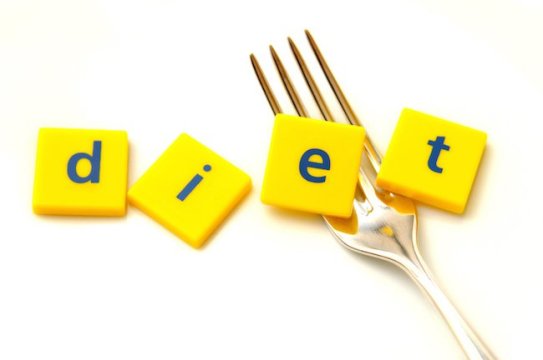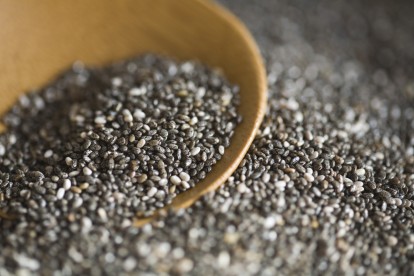These days we are surrounded by an array of language around food, health, diets, recommendations, what’s hip and happening, another diet, what the latest South American superfood is, the highest reaching Nepalese berry which will make you live for a thousand years, a better diet, organic, luscious, orgasmic food that makes you beautiful and more loveable.
To be honest, I have a deep admiration and love for a lot of these far reaching plants; tiny little seeds which have become a household name on the other side of the globe. How clever of them to have traveled all around the world, plate to plate, mouth to mouth, and be spoken of so graciously.
By all means, if it’s truly effective behavior – to flow with the trends and try different ways of consuming foods – I’m all for it. Fads often have a beautiful way of opening people’s eyes up to foods that really are incredible, and if it’s a fad that puts it in your hand, that’s fine. It’s better than having a Macdonald’s burger in there because of their popular advertising.
But what I’m interested in is the language that seems to make these ideas and trends popular. Or the way in which we frame these ways of eating. I like the question is this way of relating to food an effective behavior? The Ka Huna tradition has seven core principles woven into their philosophy and one of them, Pono, can be translated as effectiveness is the measure of truth. These six words blew my mind. Here was a philosophy that suggested (in my interpretation) that the behaviour in my life that was effective stood as my truth. This philosophy enabled me a way to look at the choices I was making, the effectiveness of those choices in relation to my experience, and give a measure that was personally and profoundly able to help me move forward. The philosophy asked me to apply this filter to my own experience, rather than taking on someone else’s grand idea. It put the power, and responsibility, right back into my own hands.

What then, is my point? I am interested in finding ways to relate to, consume and talk about food that is based on our actual experience. I am interested in why people feel the need to go on diets when if I trace back the conversations I’ve had over my lifetime, never once (not once) have I heard of someone on a diet speak about it without then hearing guilt seep through because they couldn’t stick to their own rules, and never once have I seen their hope for the longevity of the diet last.
I do see people making great choices for themselves, take on ways of eating that become their norm, remove certain parts of the food chain that no longer serve them, include foods on a regular basis that suit their body and support their wellbeing. This I don’t see as being on a diet. The main difference between a way of eating and a ‘diet’ that I witness is a lack of self-induced guilt and longevity of the choices being made.
It’s up to everyone to make choices for their own health and wellbeing. Ultimately we are the only ones who know what our body and mind feel like on the inside. We human beings are incredible, intricate, delicately woven, truly robust creations with an astounding ability to regenerate on so many levels when we start to listen to ourselves, speak kindly with ourselves, find ways of working with our needs rather than against them. An enormous part of this is our relationship we have with food; it’s something most of us have the luxury of exploring every day of our lives and I whole heartedly recommend contemplating pono and seeing how kind you are to yourself in the realm of the language you use with food.
May pono be with you!

Amalia Patourakis (BHSc Naturopathy) is a naturopath and ka huna massage therapist practicing within a wellness collective in Launceston. Amidst all its popularity, she admits to having a profound love of observing the beauty of the chia seed under a microscope.
Good to read about such a level-headed approach to diet. It can be difficult to find a suitable path through the enormous range of foods. Pono makes a lot of sense.
LikeLike